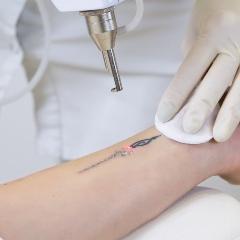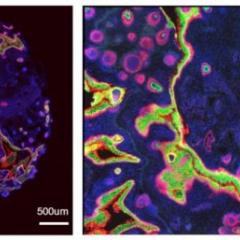Dr Ray Steptoe of the University of Queensland Diamantina Institute (UQDI) was recently awarded an NHMRC grant of more than $300,000 over three years to continue his investigation into finding new ways to turn off damaging immune reactions in autoimmune diseases.
The key focus of Dr Steptoe’s research is the immune system’s ability to remember which cells belong in the body and which cells are invaders. Immune cells called ‘memory cells’ are able to recognise features on the surface of ‘self’ cells and ‘invader’ cells. If a cell is recognised as ‘self’, the memory cell leaves it alone. However, if a cell is recognised as ‘invader’, the memory cell will trigger an immune reaction. In autoimmune diseases such as type 1 diabetes, lupus, and rheumatoid arthritis, these memory cells confuse ‘self’ with ‘invader’. As a result they continuously trigger immune reactions that cause ongoing tissue damage.
“The ultimate goal of therapeutic strategies is to remove or inactivate the immune cells that mistakenly attack normal tissues,” says Dr Steptoe. He points out that the challenge is to find a way to do this while leaving other immune cells unaffected, particularly those required for protection from infectious diseases and tumours.
Recently, Dr Steptoe and his colleagues discovered a unique way of shuttting off memory cell responses. This approach has therapeutic potential and Dr Steptoe believes it can be used to help find a universal ‘off-switch’ in immune memory cells.
With the aid of the NHMRC funding, he plans to take a closer look at what is happening inside the memory cells as they become inactivated. By determining which genes are turned on and off, he hopes to get a clearer understanding of the biochemical pathways involved in memory cell responses. This could also lead to the identification new drug targets.
As part of this project Dr Steptoe will also look at how immunosuppressant drugs affect immune memory cells. He wants to determine if such drugs could be used to help turn off overactive memory cell responses and subsequently limit the damage they cause.
Dr Steptoe joined the Diamantina Institute in 2004. He is a currently a member of the UQDI Autoimmunity division, which focuses on diseases of immune regulation and works toward the development of novel immunotherapies.



